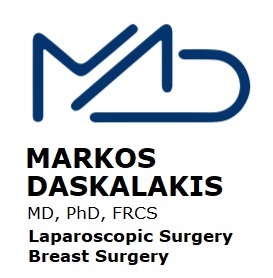Cholecystectomy guidelines in the UK recommend surgeons perform more than 40 procedures per year. This retrospective study aims to assess variation in outcomes in patients operated by high and low volume surgeons as well as those that work in an upper GI specialist unit.
Methods
Elective cholecystectomies performed between 2003 and 2012 were included. The data was analysed by volume with surgeons performing over 40 per year or fewer, and by specialism with surgeons in the upper GI directorate compared to others. Results were analysed by the Fishers Exact test and Odds Ratios for categorical variables and independent t-test for continuous variables.
Results
During the study period, 5350 patients underwent cholecystectomy. In the low volume group the rate of conversion to an open procedure was significantly higher 4.4 vs. 1.2% OR 3.82 (2.61-5.59), the day case rate was lower 25.2% vs. 46.3% OR 2.56 (2.27-2.89), and the length of stay was longer 1.45 days vs. 1.02 days (p< 0.0001). These findings were similarly demonstrated in the non upper GI specialist group; conversion to open 3.8% vs. 0.6% OR 6.57 (3.76-11.48), day case rate 31.4% vs. 47.2% 1.95 (1.75-2.18), length of stay 1.32 days vs. 1.01 days (P< 0.0001). In addition, a higher reoperation within 30 days rate 4.8% vs. 2.6%, 1.91 (1.41-2.59) was reported when compared to upper GI specialists.
Conslusions
This data supports the national guidelines for surgeon volume and cholecystectomy, and demonstrates an improvement in outcomes in patients operated by surgeons working within a specialist unit.
Publication date: 2019/3/1 - Journal: Ambulatory Surgery
Authors: S Zaman, E Rawstorne, M Daskalakis, R Nijjar, P Super, M Richardson, R Singhal



